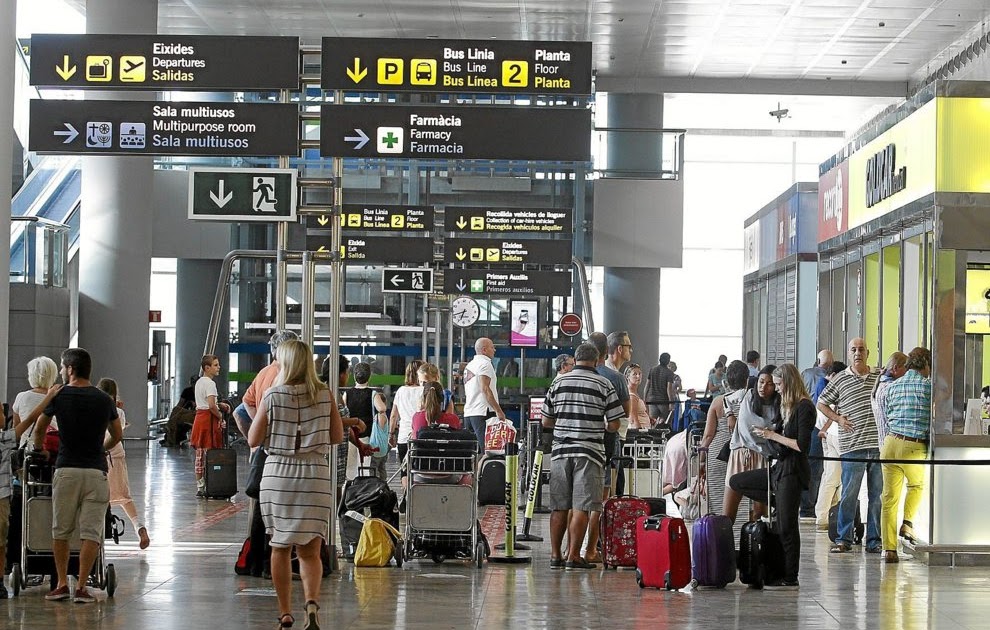The new travel requirements for entering Spain have sparked confusion among post-Brexit Brits as to whom it affects and when it actually starts.
The introduction of the ETIAS regime will complicate the visa-free entry to the EU Brits have enjoyed since freedom of movement ended in 2020.
As recently as the start of January 2023, the official information was that the new requirement would come into effect at the start of January 2023, prompting confusion among travellers about what they needed to comply with.
A few days later, it was clarified that the ETIAS requirement would not come into effect until ‘later in the year’.
Some reports then put that date as May 2023, but the most recent announcement from the European Commission’s Department for Migration and Home Affairs states that it will not start until November 2023.
Currently, Brits are allowed to enter any Schengen area EU country with just their passport for a period of three months within any six month period.

But the new ETIAS, or European Travel Information and Authorisation System, when it is finally introduced, will require travellers to apply for special permission to enter the EU before boarding the plane.
For a fee of €7, travellers will undergo a form of security check that will also measure for irregular migration or high epidemic risks posed by visa-exempt visitors travelling to the Schengen States.
The background check will be automated against EU information systems for borders and security and, they claim, in the vast majority of cases travel authorisation will be issued within minutes.
As such, holidaymakers who forget to apply for an ETIAS – or aren’t even aware of it – will be able to apply while waiting to board the aeroplane.
However, if additional checks are required, they can take up to 96 hours, making it sensible to apply well in advance.
Residents of Spain will not be required to hold an ETIAS, although it will be advisable to have residency documents to hand when boarding.
And a criminal record is not an automatic disqualification for applying for the ETIAS.
Once an ETIAS is acquired, it will be valid for three years, saving travellers the hassle of having to apply each and every time they enter into the Schengen zone.
A total of 60 countries with visa-free access to the EU will be subject to the new ETIAS regime, including the USA, New Zealand, Australia, Canada, Brazil, Colombia and Chile.
READ MORE:
- New ETIAS visa system for visitors to Europe set to be rolled out
- TRAVEL: A wild 36 hours in Morocco – via the disaster of public transport
- Spain’s Vueling Airlines becomes first European budget carrier to accept cryptocurrency
- Tourism in Spain ‘totally recovered’ after pandemic, says industry study










